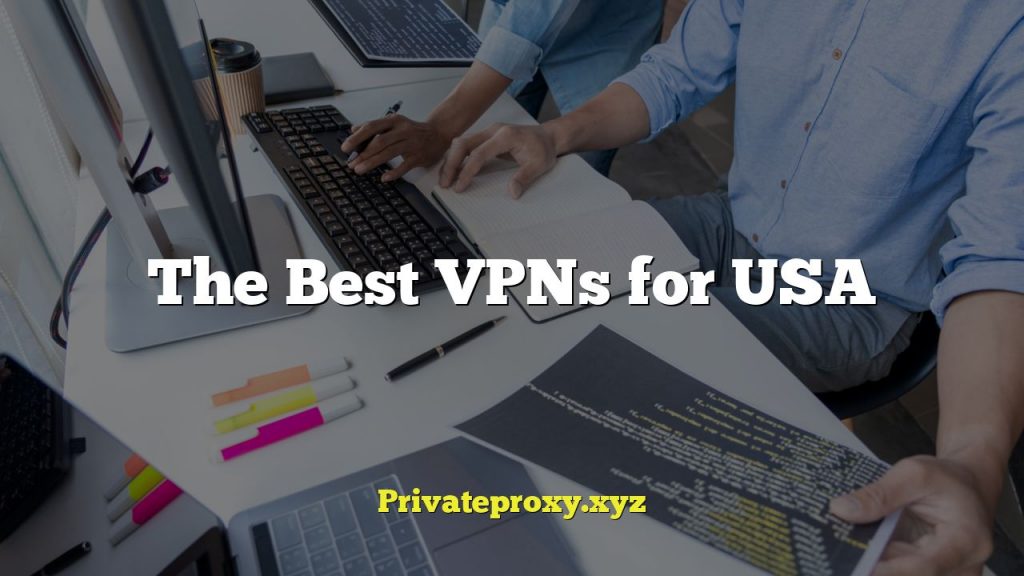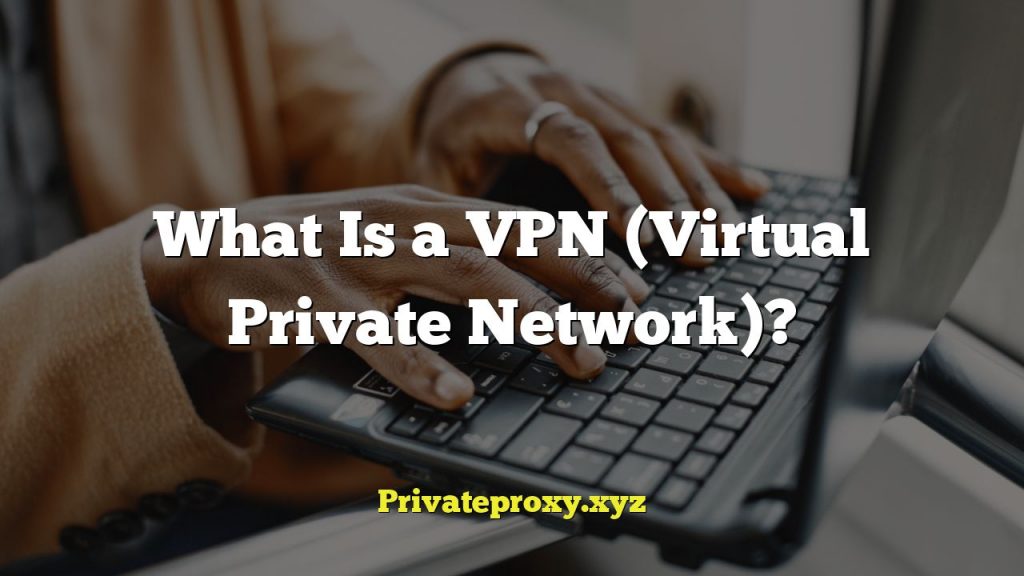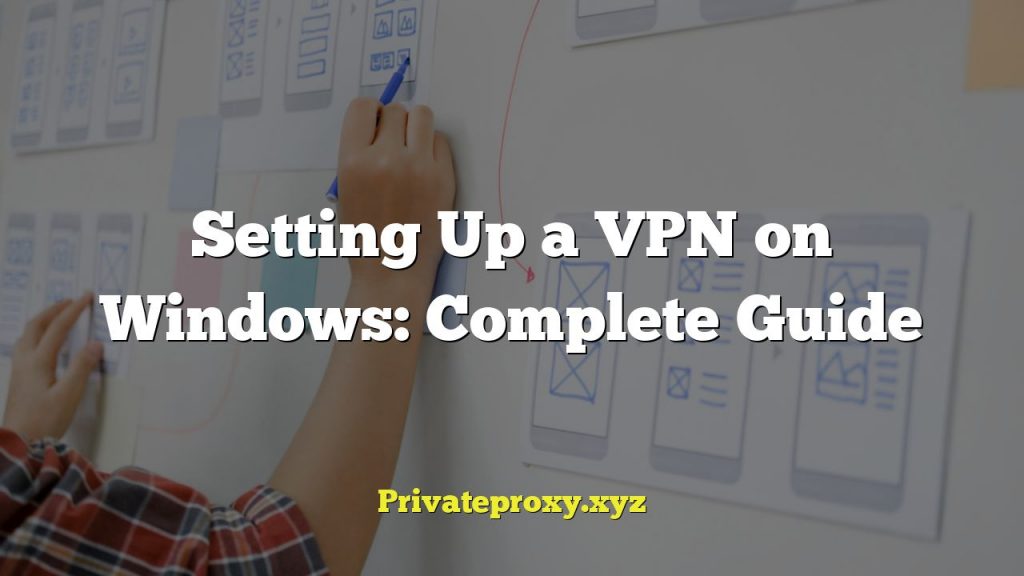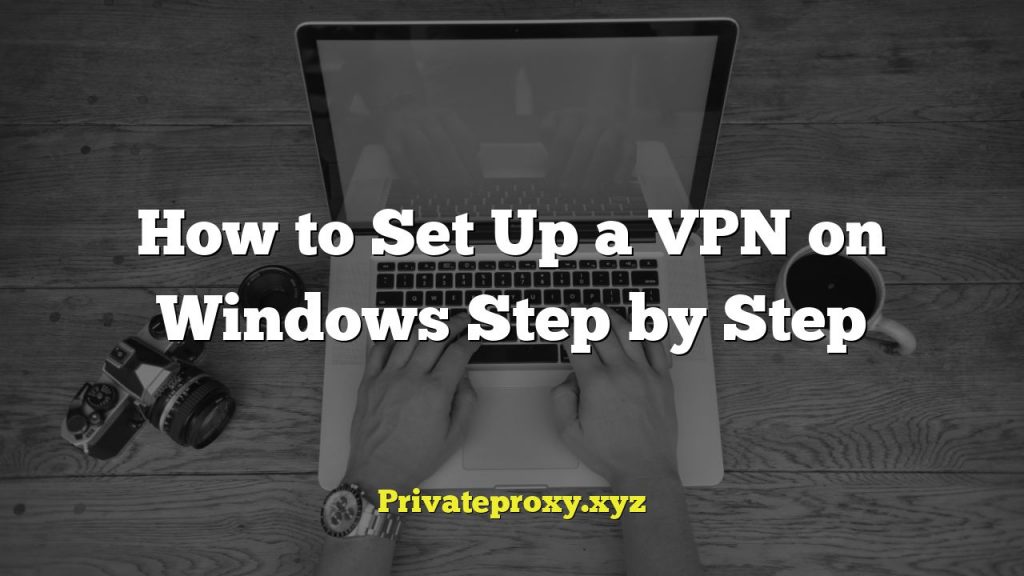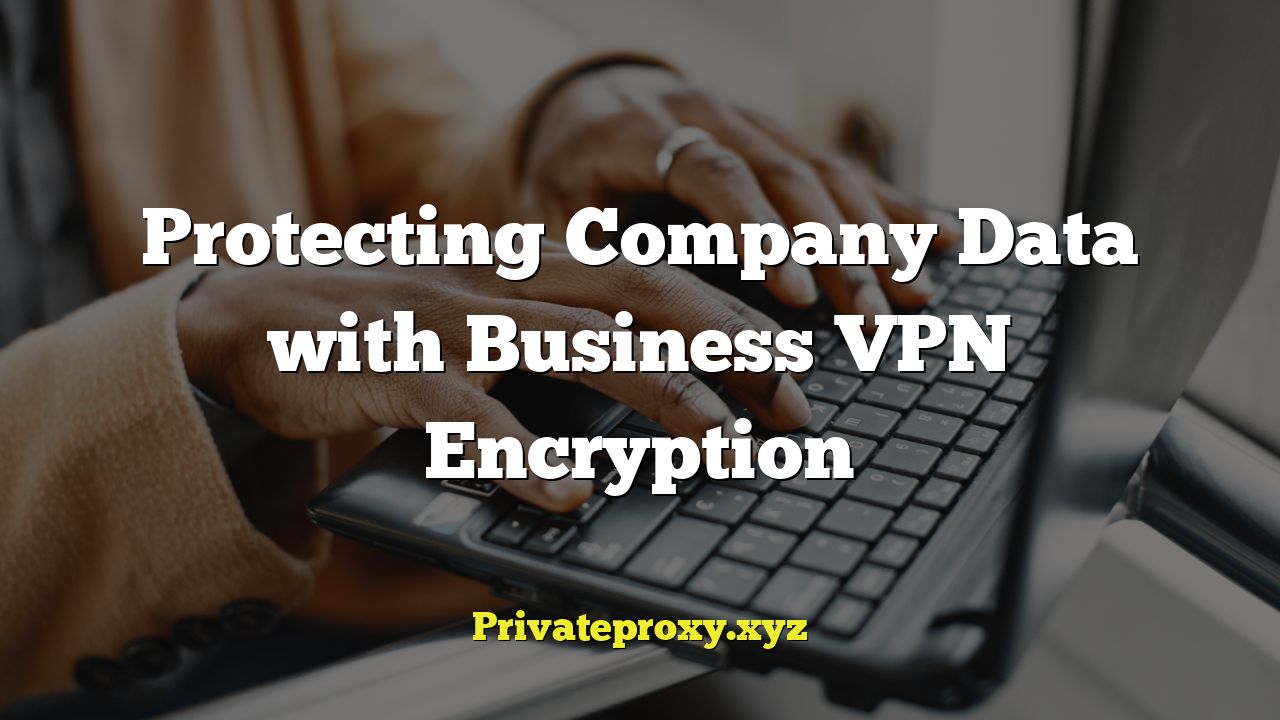
Protecting Company Data with Business VPN Encryption
In today’s digital landscape, data is the lifeblood of any organization. From customer information to financial records and intellectual property, sensitive data is constantly being transmitted, stored, and accessed. The increasing reliance on remote work and cloud-based services has further expanded the attack surface, making businesses more vulnerable to cyber threats than ever before. A robust data protection strategy is no longer optional; it’s a necessity for survival. One of the most effective tools in this arsenal is a Business VPN (Virtual Private Network) with encryption.
Understanding the Threat Landscape
Before diving into the specifics of Business VPN encryption, it’s crucial to understand the types of threats that organizations face. Data breaches can originate from various sources, both internal and external. Some of the most common threats include:
- Malware: Viruses, worms, and ransomware can infiltrate systems and steal or encrypt data.
- Phishing: Attackers use deceptive emails or websites to trick employees into divulging sensitive information.
- Man-in-the-Middle Attacks: Interception of data transmitted over unsecured networks.
- Insider Threats: Malicious or negligent employees can compromise data security.
- Weak Passwords: Easy-to-guess passwords are a common entry point for attackers.
- Data Leaks: Accidental exposure of sensitive data due to misconfiguration or human error.
These threats can have devastating consequences, including financial losses, reputational damage, legal liabilities, and operational disruption. Therefore, businesses must take proactive measures to protect their data.
What is a Business VPN?
A Business VPN is a private network that extends across a public network, such as the internet. It allows employees to securely connect to the company’s network and access resources as if they were physically present in the office. Unlike consumer VPNs primarily focused on privacy, Business VPNs are tailored for enterprise needs, offering features like centralized management, enhanced security protocols, and dedicated support.
The core functionality of a Business VPN revolves around creating an encrypted tunnel between the user’s device and the company’s network. This tunnel shields data from eavesdropping and tampering, ensuring confidentiality and integrity.
The Role of Encryption
Encryption is the process of converting readable data (plaintext) into an unreadable format (ciphertext) using an algorithm. Only authorized parties with the correct decryption key can convert the ciphertext back into plaintext. In the context of Business VPNs, encryption is used to protect data transmitted through the VPN tunnel.
Different encryption protocols are used in VPNs, each with its strengths and weaknesses. Some of the most common protocols include:
- IPsec (Internet Protocol Security): A suite of protocols that provides secure communication at the network layer.
- SSL/TLS (Secure Sockets Layer/Transport Layer Security): Commonly used for securing web traffic (HTTPS) and can also be used for VPN connections.
- OpenVPN: An open-source VPN protocol that offers a good balance of security and performance.
- WireGuard: A modern VPN protocol designed for speed and simplicity.
The strength of encryption is determined by the algorithm used and the key length. Stronger encryption algorithms and longer key lengths are more resistant to brute-force attacks. It’s crucial to choose a Business VPN that uses robust encryption protocols and supports strong key lengths.
Benefits of Business VPN Encryption
Implementing a Business VPN with encryption offers numerous benefits for organizations of all sizes:
- Enhanced Security: Protects sensitive data from unauthorized access, interception, and tampering.
- Secure Remote Access: Allows employees to securely connect to the company’s network from anywhere in the world.
- Data Protection: Ensures compliance with data privacy regulations like GDPR and HIPAA.
- Improved Productivity: Enables employees to work remotely without compromising security.
- Cost Savings: Reduces the risk of data breaches and associated costs.
By encrypting data in transit, a Business VPN significantly reduces the risk of data breaches and protects the organization’s reputation and financial well-being.
Choosing the Right Business VPN
Selecting the right Business VPN is a critical decision that should be based on the organization’s specific needs and requirements. Here are some factors to consider:
- Security: Look for a VPN that uses strong encryption protocols and offers advanced security features like multi-factor authentication and kill switch.
- Scalability: Choose a VPN that can scale to accommodate the growing number of users and devices.
- Performance: Ensure the VPN offers good performance and doesn’t significantly impact network speed.
- Ease of Use: The VPN should be easy to deploy, configure, and manage.
- Compatibility: The VPN should be compatible with the organization’s existing infrastructure and operating systems.
- Support: Choose a provider that offers reliable technical support.
- Cost: Compare the pricing of different VPN providers and choose one that offers the best value for money.
It’s also important to read reviews and compare different VPN providers before making a decision. Consider conducting a pilot program to test the VPN in a real-world environment before deploying it to the entire organization.
Implementing and Managing a Business VPN
Implementing and managing a Business VPN requires careful planning and execution. Here are some best practices to follow:
- Define Security Policies: Establish clear security policies for VPN usage, including password requirements, acceptable use guidelines, and data protection protocols.
- Configure VPN Settings: Properly configure the VPN settings to ensure strong encryption and optimal performance.
- Train Employees: Provide comprehensive training to employees on how to use the VPN securely.
- Monitor VPN Usage: Monitor VPN usage for suspicious activity and potential security threats.
- Regularly Update the VPN: Keep the VPN software up to date with the latest security patches and bug fixes.
- Implement Multi-Factor Authentication (MFA): MFA adds an extra layer of security by requiring users to provide multiple forms of identification.
Regular security audits and penetration testing can help identify vulnerabilities and ensure the VPN is properly configured and maintained.
Integrating with Existing Security Infrastructure
A Business VPN should be integrated with the organization’s existing security infrastructure to provide comprehensive data protection. This includes integrating with firewalls, intrusion detection systems, and security information and event management (SIEM) systems.
By integrating the VPN with these systems, organizations can gain better visibility into network traffic and detect and respond to security threats more effectively.
Conclusion
In conclusion, a Business VPN with encryption is an essential tool for protecting company data in today’s threat landscape. By creating an encrypted tunnel between users and the company’s network, a VPN shields sensitive data from unauthorized access and interception. Choosing the right VPN, implementing it properly, and integrating it with the existing security infrastructure are crucial steps in ensuring data security. As businesses continue to rely on remote work and cloud-based services, a Business VPN with encryption will remain a vital component of a comprehensive data protection strategy.
